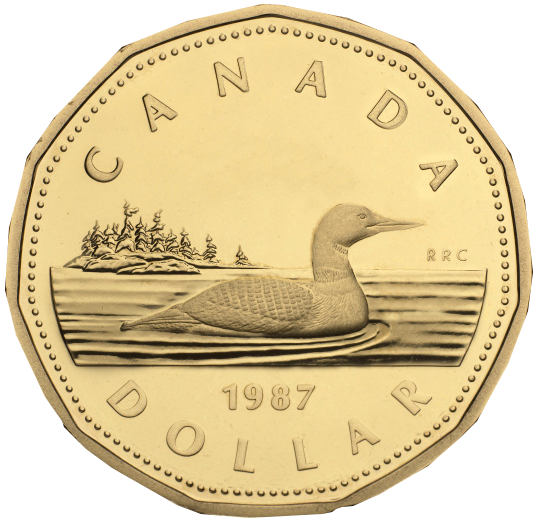

Should cars have been outlawed because it put farriers and stables out of business? Were shipping containers a bad idea because they required fewer longshoremen?
Technology comes and makes jobs obsolete. It happens all the time. It just happens that this technology has come in a big, visible way, and many of the ways its used and marketed are useless and/or awful. That doesn’t mean it’s entirely bad, and there’s certainly no way to stop it now.
AI will replace jobs. We can’t get around that fact. Companies that fail to adapt will fall behind. Whether I use it at my job or not has no bearing on the industry, and I’m not in a position to push for industry-wide change (nor is the company I work for). So we can either use it, or also fall behind.
I work for a mid-sized company. We still hire junior developers. I don’t think we have any plans to get rid of them entirely, but I’m not involved in that process. But after a couple decades of huge growth in the industry, developers (especially junior ones) are going to have a rough few years as the industry realigns with the new normal. There will be job losses, there will be companies that disappear entirely because they either depended too much upon AI, or didn’t adapt fast enough. But pretending that AI isn’t a useful tool when used in specific ways is just sticking your head in the sand.







From China’s perspective (and in theory, Taiwan’s perspective), invading Taiwan isn’t the same, because they both officially recognize One China, they just disagree about who’s in charge.
It would more akin to USA invading Puerto Rico, if the governor of PR asserted that they were in fact the proper leaders of the USA.